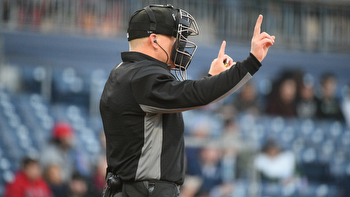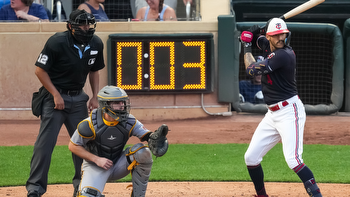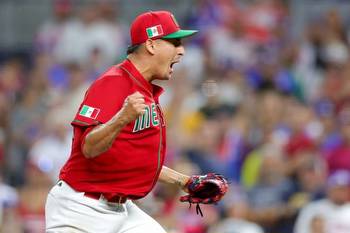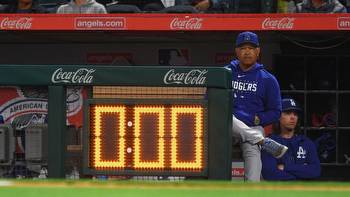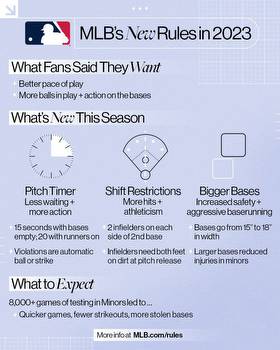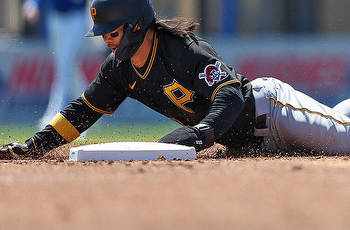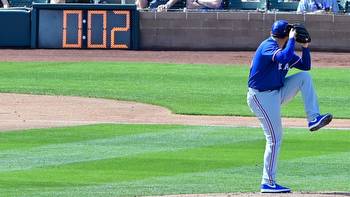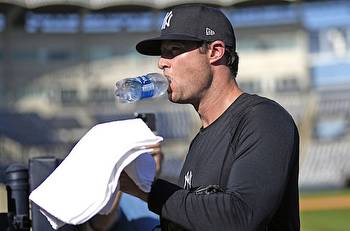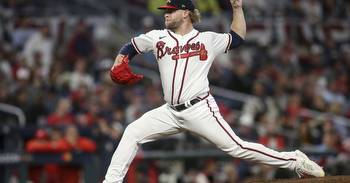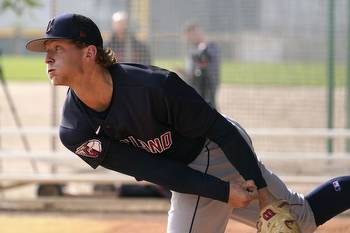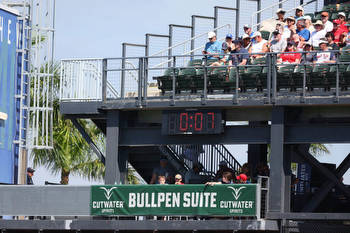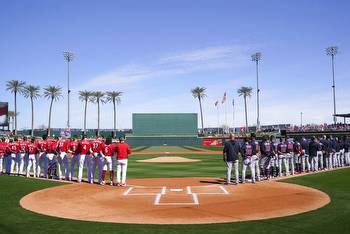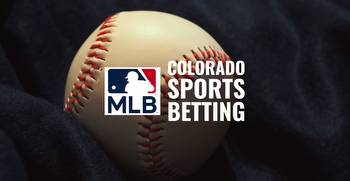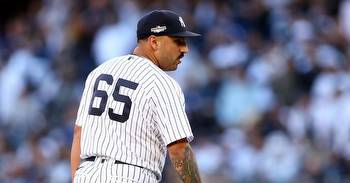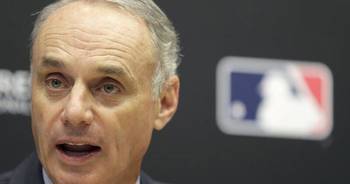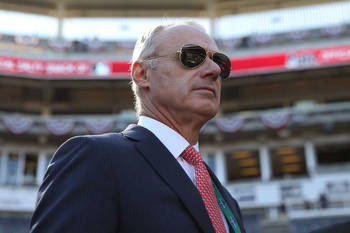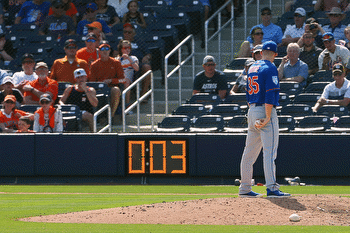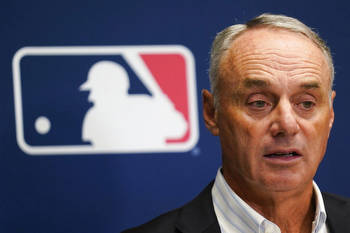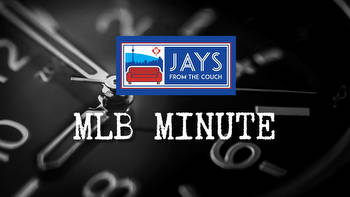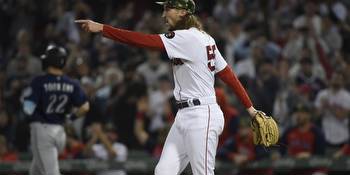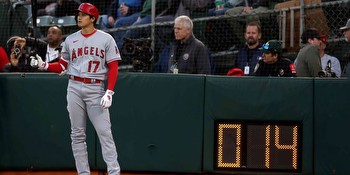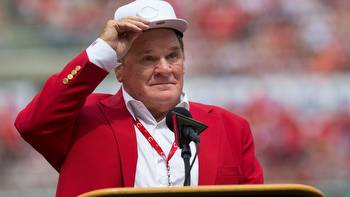MLB and union on different pages regarding longer playoff pitch clock

SEATTLE — As the pressure ticks up, major league players would like a few extra ticks to think.
The Major League Baseball Players Association would like a tweaked pitch clock as the season approaches the playoffs, union executive director Tony Clark said Tuesday, perhaps by adding a few seconds to the timer.
Thus far, MLB has used a 15-second clock with the bases empty and a 20-second timer with runners on base, which has greatly reduced the time of games.
Clark said the players association is not trying to abolish the pitch clock but make a few adjustments.
“Nobody’s looking to play three-and-a-half, four-hour games, and I don’t think that an extra few seconds here is going to create a three-and-a-half, four-hour game,” Clark said at a meeting with reporters at the Sheraton Grand Seattle. “The adjustments that the players are looking to afford are simply ones that affords them and those watching a chance to take a few extra seconds here and there, a deep breath.”
Rob Manfred, who spoke shortly afterward, said he is “open-minded” about the topic and said the league would keep the conversation lines open.
But the commissioner suggested that an in-season or postseason adjustment is unlikely.
“In general, I thought you ought to play the postseason the way you play the regular season,” Manfred said. “Secondly, we are comfortable with the way the clock and the violations, particularly late in the game and in high-leverage situations, have been managed.”
The league has been proud of the implementation of the clock, which has brought the average game time down to 2 hours, 38 minutes, the shortest since 1984. Games in 2022 logged an average 3:04.
Pitch-clock violations have declined through the season, and the league boasted that 60 percent of games have had zero violations.
Clark said that neither players nor fans want a violation to “dramatically affect a game in a pennant chase or the playoffs.”
Manfred agreed — in part.
“We don’t want a postseason game decided based on a violation,” Manfred said, “but … we haven’t had a game decided that way.
“I understand it’s a possibility. In terms of doing something in the postseason, making an alteration, we’re going to continue to talk to the players.”
The league and union will continue to bicker, but few will argue that the tweaked rules, from the pitch clock to the restricted shift to the incentivization of base-stealing, have made the game worse.
The league bragged that attendance is up roughly 8.1 percent.
“I’ve been involved in baseball in some ways since 1988,” Manfred said, “and I do think that the first half in 2023 is probably the best that we’ve had in that time.”
Other takeaways from Manfred’s meeting with media:
— Manfred continued to publicly favor the automatic ball-strike system (ABS), in which players can challenge a ball or strike call.
The system is being tested in Triple-A this season and was a hit during the Futures Game on Saturday.
The idea is a midway point between a robo-ump and the traditional home-plate umpire.
Players have a limited number of challenges.
On Saturday, a replay was shown on the big screen at T-Mobile Park that included a virtual strike zone. If the pitch was in the zone, it was a strike.
“We’re sort of big on that idea,” said Manfred, who was not sure about when the idea could make its way to the majors. “In terms of the reaction in the minor leagues, people are more comfortable with the challenge system than the full ABS.”
— Several pitchers, including the Mets’ Max Scherzer, have complained about a subjective system by which pitchers are checked for illegal substances.
“I would say the suspensions that we have had would fall into the category of clear to egregious violations,” Manfred said. “I understand that feeling someone’s hand is inherently subjective. … The subjectivity piece of it doesn’t concern me because of the way they’ve been enforced.”
A long-term answer for the substance issue could arise from Dow Chemical, with which Manfred said the league is working to develop a tacky ball.
— The Athletics “have begun to submit information related to the relocation application,” Manfred said, which, if completed and approved, would move the team from Oakland to Las Vegas.
Oakland and A’s owner John Fisher have warred, and Manfred blamed the city.
“My single biggest disappointment is that because of the kind of political process in Oakland, we didn’t find a solution to keep the A’s in Oakland,” Manfred said.


